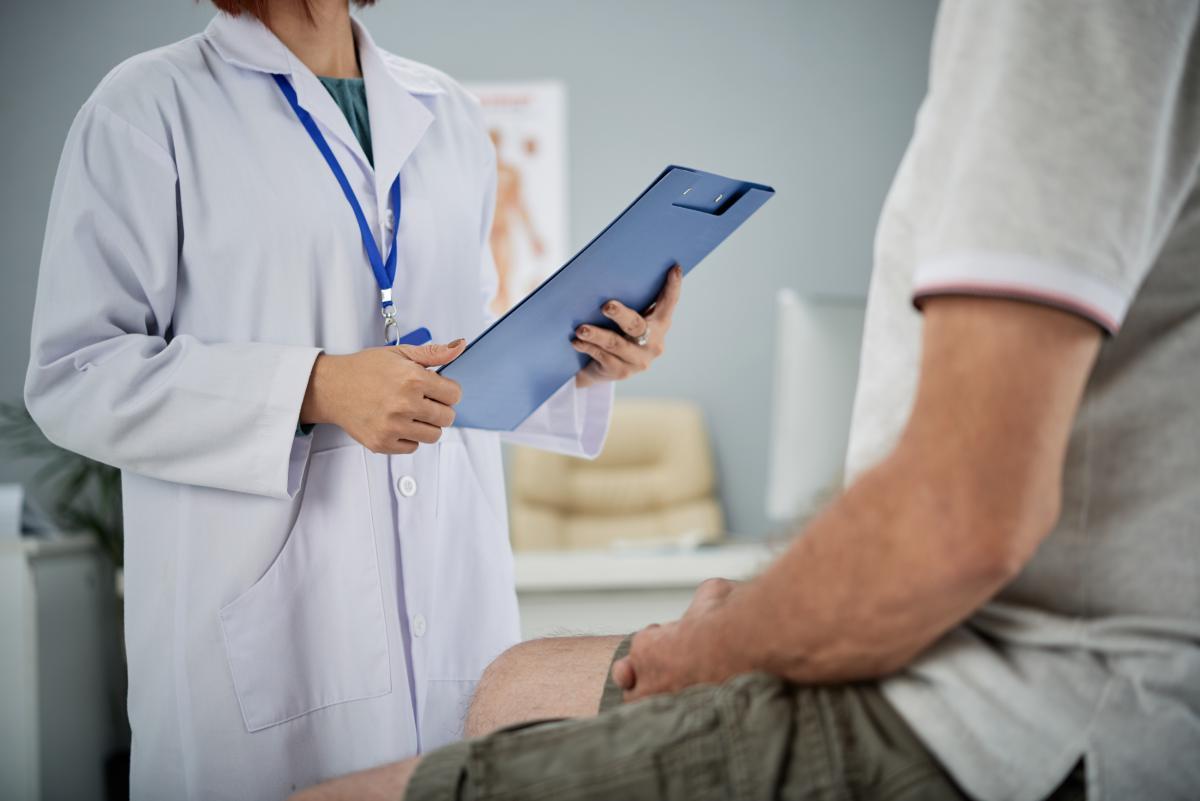
The Role of Medical Evidence in Personal Injury Cases
Personal injury cases are a cornerstone of civil law, dealing with situations where an individual suffers harm due to another's negligence or intentional wrongdoing. As these cases often hinge on proving the extent and cause of injuries, medical evidence plays the role of providing just that. This article talks about the significance of medical evidence in personal injury cases, highlighting the need for it, what it calls for, and how it influences the outcome of a lawsuit.
Establishing the Extent of Injuries
Obtain Medical Verification
Medical records offer objective, verifiable proof of injuries, unlike verbal testimonials, which can be subjective. They detail the extent of the injury, the required treatment, and the expected duration of recovery. Medical records are usually one major piece of the puzzle when it comes to medical verification. Medical records contain information such as diagnostic testing results and physical examination findings. This information is vital to showing your injuries are legitimate and serious. Without the proper documentation, you may not receive the compensation you deserve.
Understand All Damages
Injuries often result in medical bills, loss of earnings, and potential future medical expenses. In Florida, additional damages include: pain and suffering, loss of enjoyment of life, and loss of consortium. Understanding the extent of damages and costs to fix them, will lead an attorney to better convey the impact the incident had on their client and what actions need to be taken.
Linking Injuries to the Accident
One of the challenges in personal injury cases is proving that the injury was a direct result of the defendant’s actions or negligence. Medical evidence can establish or refute this causation. For instance, if an individual claims a back injury due to a car accident, but their medical history reveals years of chronic back pain, it can be more challenging to establish a direct link.
Medical Verification
Medical evaluations done immediately after the incident can provide a clear timeline, supporting claims that injuries were a direct result of the accident. Moreover, your health matters first and foremost—no matter the intensity of the incident, always get checked out by a medical professional.
Assessing the Severity and Prognosis
Long-term Implications
Some injuries may have repercussions that last a lifetime, while others may heal in a matter of weeks. Medical evidence shows the severity of injuries, potential complications, and the possibility of long-term disability. This projects future medical needs and establishes the degree of suffering and impairment the plaintiff experienced, which can substantially affect the award for future medical expenses and long-term care.
Prognosis and Justice: Future Medical Needs
Juries and judges rely on objective medical data to make informed decisions and provide justice. In the absence of concrete medical evidence, claims might be solely based on subjective testimonials, which can lead to discrepancies in judgments. Assessing the depth and scope of an injury helps in providing a just and equitable resolution. Through medical expert testimonies, a court can gain insights into the potential future medical needs of the plaintiff, allowing for appropriate compensation.
Enhancing Credibility
Verify the Claim
When a plaintiff's medical records align with their claims, it enhances their credibility in the eyes of the court.
Medical Testimonies
Medical professionals can be called upon to testify, providing an expert opinion on injuries, treatment options, and expected outcomes. Their testimonies can validate a plaintiff's claims, making them more compelling.
Counteract Defense Strategies
In personal injury cases, the defense may try to downplay the extent of injuries or argue that they were pre-existing as mentioned above. Comprehensive medical evidence can act as evidence refuting such claims and ensuring the injured plaintiff receives the compensation they need.
Medical evidence is undeniably one of the most important details needed in personal injury cases. It provides the unbiased, concrete proof needed to corroborate injuries, establish causation, and justify compensation. Whether you're a plaintiff seeking justice or a legal professional representing a client, leveraging medical evidence can be the difference between winning and losing a personal injury case.
If you've been injured in an accident, consult with an experienced personal injury attorney to protect your rights, ensure relevant evidence is properly collected and preserved, and guide you through the legal procedures. At Carrillo Injury Law, located in Gainesville, FL, we support our clients by demystifying the intricacies of personal injury law, ensuring they build a solid case for the rightful compensation. Reach out for a complimentary consultation by dialing 352-371-4000 or sending an email to office@carrilloinjurylaw.com.
Sources:
https://www.findlaw.com/injury/accident-injury-law/injury-damages.html
https://www.recordrs.com/blog/the-role-of-medical-records-in-workers-compensation-claims/
https://www.carrilloinjurylaw.com/blog/what-are-different-types-workers-compensation
https://www.carrilloinjurylaw.com/index.php/blog/navigating-workers-compensation-claims-involving-pre-existing-conditions
https://www.carrilloinjurylaw.com/index.php/blog/4-ways-prepare-personal-injury-claim-florida
https://www.carrilloinjurylaw.com/index.php/blog/5-things-every-employee-should-know-about-personal-injury
- Log in to post comments